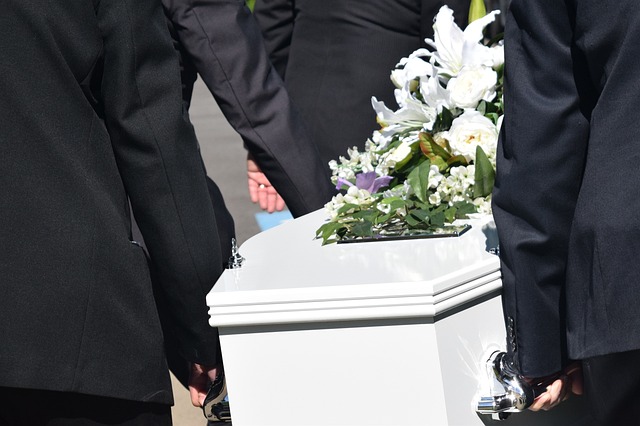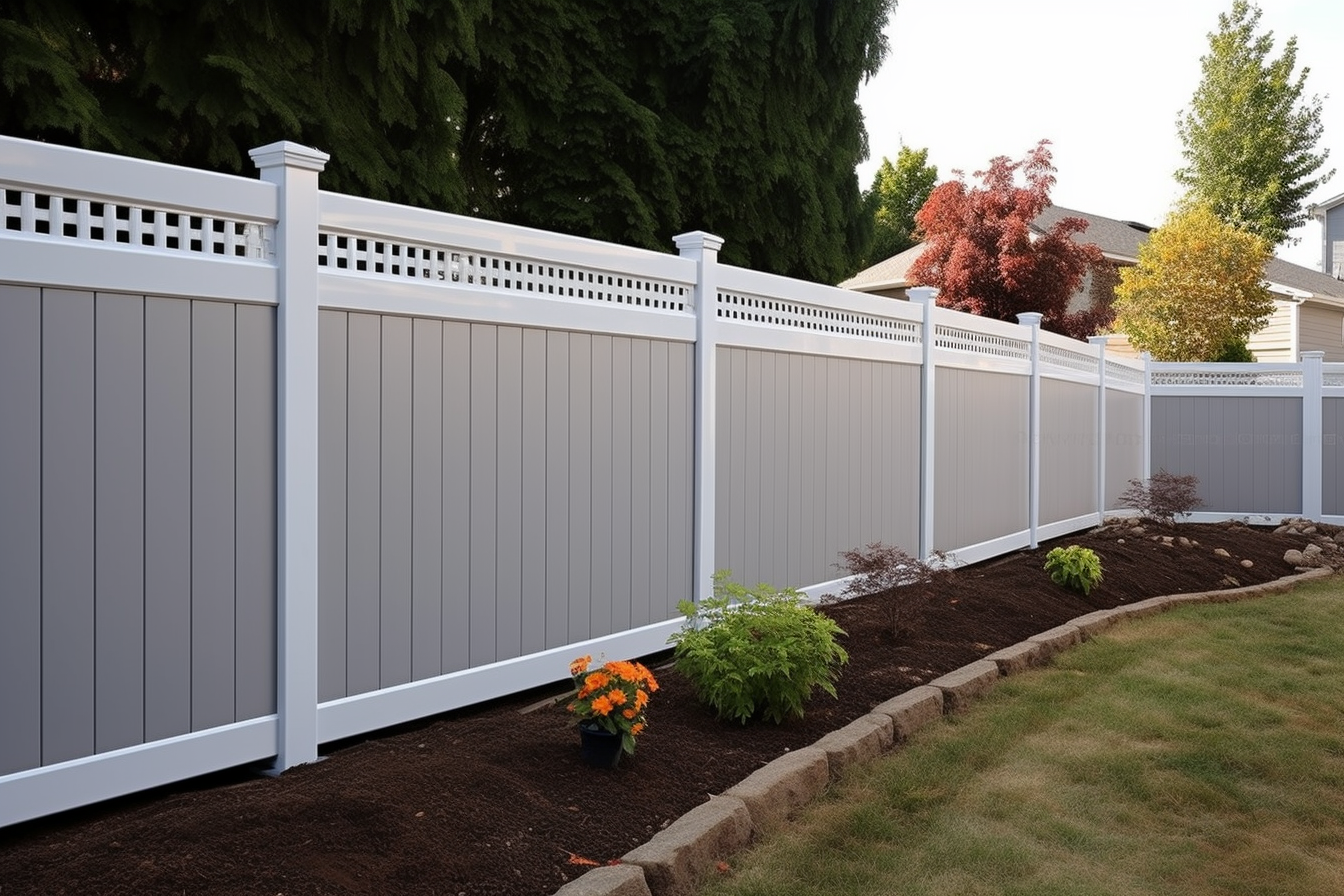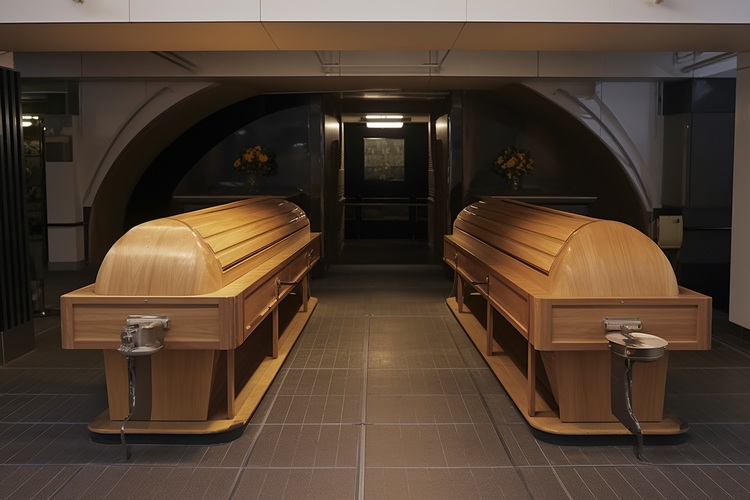Choosing Cremation: Exploring Options, Providers, and Costs
Cremation is becoming an increasingly popular choice for handling the remains of loved ones in many cultures around the world. As people look for alternatives to traditional burial, cremation offers a respectful, flexible, and often more affordable option. Understanding the different aspects of cremation services is crucial for making informed decisions during these challenging times.

Understanding Cremation Services
Cremation services encompass the entire process of preparing, conducting, and finalizing the cremation of a deceased person. The process typically involves preparing the body, placing it in a cremation chamber at temperatures between 1,400 to 1,800 degrees Fahrenheit, and reducing remains to bone fragments that are then processed into cremated remains or “ashes.”
Modern cremation facilities follow strict regulations and environmental standards. The entire process usually takes two to three hours, depending on various factors including body size and cremation equipment. Families receive the cremated remains in a temporary container or urn of their choosing, typically within a few days of the service.
Most cremation providers offer comprehensive packages that include transportation, necessary paperwork, death certificates, and basic services. Additional options may include witness cremations, where family members can be present, and expedited services for families with time constraints.
Exploring Cremation Options
Cremation options vary significantly based on family preferences, cultural considerations, and budget constraints. Simple or direct cremation represents the most basic service, involving minimal preparation and no formal ceremony before the cremation process. This option appeals to families seeking simplicity or those planning separate memorial services.
Traditional cremation services include viewing periods, formal ceremonies, and religious or cultural rituals before cremation. These services often take place in funeral homes with full preparation of the deceased, similar to traditional burial preparations but followed by cremation instead of interment.
Some families choose immediate cremation with private family witness options, allowing close relatives to be present during the cremation process. Others prefer cremation followed by traditional memorial services, providing flexibility in timing and location for celebrations of life or remembrance ceremonies.
Direct vs. Traditional Cremation
Direct cremation eliminates many traditional funeral service elements, focusing solely on the cremation process itself. This option typically includes transportation, necessary permits, basic preparation, and the cremation procedure without embalming, viewing, or formal ceremonies. Direct cremation allows families to plan separate memorial services at their convenience.
Traditional cremation incorporates conventional funeral service elements before the cremation process. These services may include embalming, cosmetic preparation, viewing periods, formal ceremonies, religious services, and reception facilities. Traditional cremation provides immediate closure opportunities but requires more coordination and typically involves higher costs.
The choice between direct and traditional cremation often depends on family traditions, religious requirements, budget considerations, and personal preferences regarding ceremony and ritual. Some families combine approaches, choosing direct cremation followed by customized memorial services that reflect the deceased person’s personality and wishes.
Flexible Memorials with Cremation
Cremation provides unprecedented flexibility in memorial planning and timing. Unlike traditional burial, which requires immediate decisions and services, cremation allows families to plan memorial services weeks or months later, accommodating distant relatives and allowing time for thoughtful planning.
Memorial options include traditional services in religious facilities, celebration of life events in meaningful locations, scattering ceremonies in favorite places, or intimate family gatherings. Some families choose multiple memorial events in different locations, particularly when family members live in various geographic areas.
Cremated remains offer additional flexibility through various disposition options including burial in cemetery plots, placement in columbarium niches, scattering in permitted locations, or keeping remains in decorative urns at home. Many families divide cremated remains among family members or create memorial jewelry incorporating small portions of the ashes.
Cost-Effective Cremation Choices
Cremation costs vary significantly based on location, services selected, and provider pricing structures. Understanding different pricing models helps families make informed financial decisions while honoring their loved ones appropriately.
| Service Type | Provider Example | Cost Estimation |
|---|---|---|
| Direct Cremation | Neptune Society | $1,000 - $2,500 |
| Traditional Cremation | Dignity Memorial | $3,000 - $6,000 |
| Full Service with Memorial | Local Funeral Homes | $4,000 - $8,000 |
| Simple Cremation Package | Cremation Society | $800 - $2,000 |
Prices, rates, or cost estimates mentioned in this article are based on the latest available information but may change over time. Independent research is advised before making financial decisions.
Cost-effective cremation choices focus on essential services while eliminating unnecessary additions. Many cremation providers offer package deals that include basic services, temporary urns, and death certificates. Families can achieve significant savings by choosing direct cremation and planning separate memorial services independently.
Additional cost considerations include urns, which range from simple containers to elaborate decorative pieces, death certificate copies, transportation distances, and optional services like witness cremations or expedited processing. Some providers offer payment plans or pre-need arrangements that lock in current pricing.
Making Informed Decisions
Selecting appropriate cremation services requires careful consideration of family needs, cultural requirements, and financial circumstances. Research local providers, compare service packages, and read reviews from other families to identify reputable cremation services in your area.
Consider discussing preferences with family members before making final decisions, as different relatives may have varying expectations regarding ceremonies and memorial services. Some families benefit from consulting with grief counselors or religious leaders to navigate emotional and spiritual aspects of cremation decisions.
Documentation of wishes, whether through formal pre-planning or written instructions, helps ensure that cremation services align with personal preferences. Many families find peace of mind in pre-arranging services, eliminating decision-making pressure during difficult times while potentially securing current pricing for future services.
Understanding cremation services, exploring available options, and comparing costs enables families to make thoughtful decisions that honor their loved ones while meeting practical and financial needs. Whether choosing direct cremation for simplicity or traditional services for ceremony, cremation provides flexible alternatives that can accommodate diverse family preferences and circumstances.




